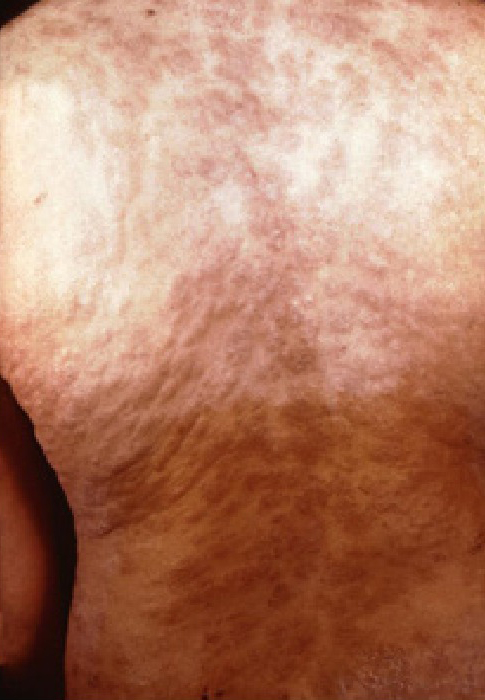Wayne County has had nearly a dozen cases of early syphilis diagnosed this year, including three pregnant women, and health officials are urging several groups of residents to get tested.
Indiana State Department of Health and Wayne County Health Department officials began sharing this information Dec. 19 in hopes of raising awareness of the risk factors, symptoms, dangers and treatment available.
The increase is of great concern because undiagnosed and untreated infections result in serious consequences, especially impacting fetal health, said Dr. Kris Box, state health commissioner, in a news release sent by Wayne County Health Department.
The cases of the sexually transmitted infection more than doubled from less than five cases in 2018 to 11 cases in 2019. The cases occurred in two clusters, with the first in May and the second between August and September.
Cases were mainly in those between ages 20 and 30, with equal numbers of men and women. Health officials said limited connections could be made between the cases, so untreated partners are likely.
Syphilis is spread by direct, skin-to-skin contact during unprotected sex. Sores can be found in the mouth, on the lips, in the rectum, or around the penis, vagina, or anus.
Pregnant women who are infected can transmit syphilis to their unborn babies.
Risk factors associated with early syphilis infection include multiple sex partners, illicit drug use, prostitution, recent incarceration and frequent alcohol and marijuana use.
Health officials urge all pregnant women to be tested, as well as:
- Anyone who has had unprotected sex if they aren’t certain if their partner has had a sexually transmitted disease, or a partner suspected to have syphilis
Anyone who admits to commercial sex work or having sex for money, drugs, shelter or something needed
-
All men who have sex with men
Any person living with HIV
The health department said syphilis is diagnosed with a blood test. Urine or site-specific screenings with swabs won’t identify syphilis infections. Many infected people don’t notice the symptoms, which will resolve without treatment. Health officials say it’s best to test for the infection if any signs or symptoms have been noticed.
Syphilis can be cured with appropriate antibiotics. Treating a pregnant woman also effectively treats her unborn baby. It’s important for women to receive treatment at least 30 days before delivery to effectively treat her baby.
In its primary stage, syphilis causes painless sores on the genitals, but as it progresses to the secondary stage, it can cause rashes on the body, hands and feet; alopecia (autoimmune skin disease causing hair loss on scalp, face and possibly other areas), fever, muscle aches and weight loss.
If left untreated, it can cause blindness, deafness or neurological complications. It can damage internal organs and result in death.
Untreated cases in pregnant women can result in miscarriage or stillbirth, preterm or low-weight babies, bone deformities, deafness, seizures and other symptoms.
Syphilis is most infectious in its primary and secondary stages, but anyone with untreated syphilis of less than one year’s duration is considered able to transmit the infection.
For more information about the illness, testing or treatment, call the Wayne County Community Health Center at (765) 973-9294.

